Stargazing Adventures: Exploring the Universe Through Astro Tourism!

Astro Tourism is like a magical journey through stars, galaxies, and beyond, where travelers explore the wonders of the universe. It involves visiting observatories, stargazing sites, and attending celestial events. The importance of Astro Tourism lies in its ability to inspire awe, spark curiosity, and deepen our connection to the cosmos. With the growing popularity of space exploration and fascination with celestial bodies, more people are seeking out Astro Tourism experiences to witness meteor showers, eclipses, and even auroras. It's not just a trip, it's a voyage to the unknown that leaves us spellbound and humbled by the vastness of the universe!
Why Astro Tourism?
Astro Tourism isn't just for celestial enthusiasts, it's for anyone seeking a mind-blowing experience. Why?
A) Stargazing isn't just about twinkling lights—it reduces stress, boosts creativity, and sparks curiosity.
B) It's the ultimate connection—to Mother Nature and the infinite cosmos. Gazing up at the night sky reminds us of our place in the grand scheme of things.
C) Who needs textbooks when you can learn about the universe firsthand? Astro Tourism offers a crash course in astronomy, physics, and even a sprinkle of mythology. So pack your telescope, unleash your inner explorer, and prepare for an out-of-this-world adventure!

Top Astro Tourism Destinations
In the vast cosmos of Astro Tourism, there exist unique destinations that beckon starry-eyed travelers with promises of celestial wonders and cosmic revelations. From the enchanting Dark Sky Reserves to the mind-boggling Observatories and the mystical Stargazing Tours, these places offer a cosmic escape like no other.
A. Dark Sky Reserves and Parks: Imagine stepping into a world where the stars shine brighter than ever before, where the Milky Way stretches across the sky like a celestial river. Dark Sky Reserves like the one in NamibRand Nature Reserve in Namibia or Mauna Kea in Hawaii offer unparalleled views of the night sky, free from light pollution. Visitors can witness the dance of the constellations and experience the awe-inspiring beauty of the universe.
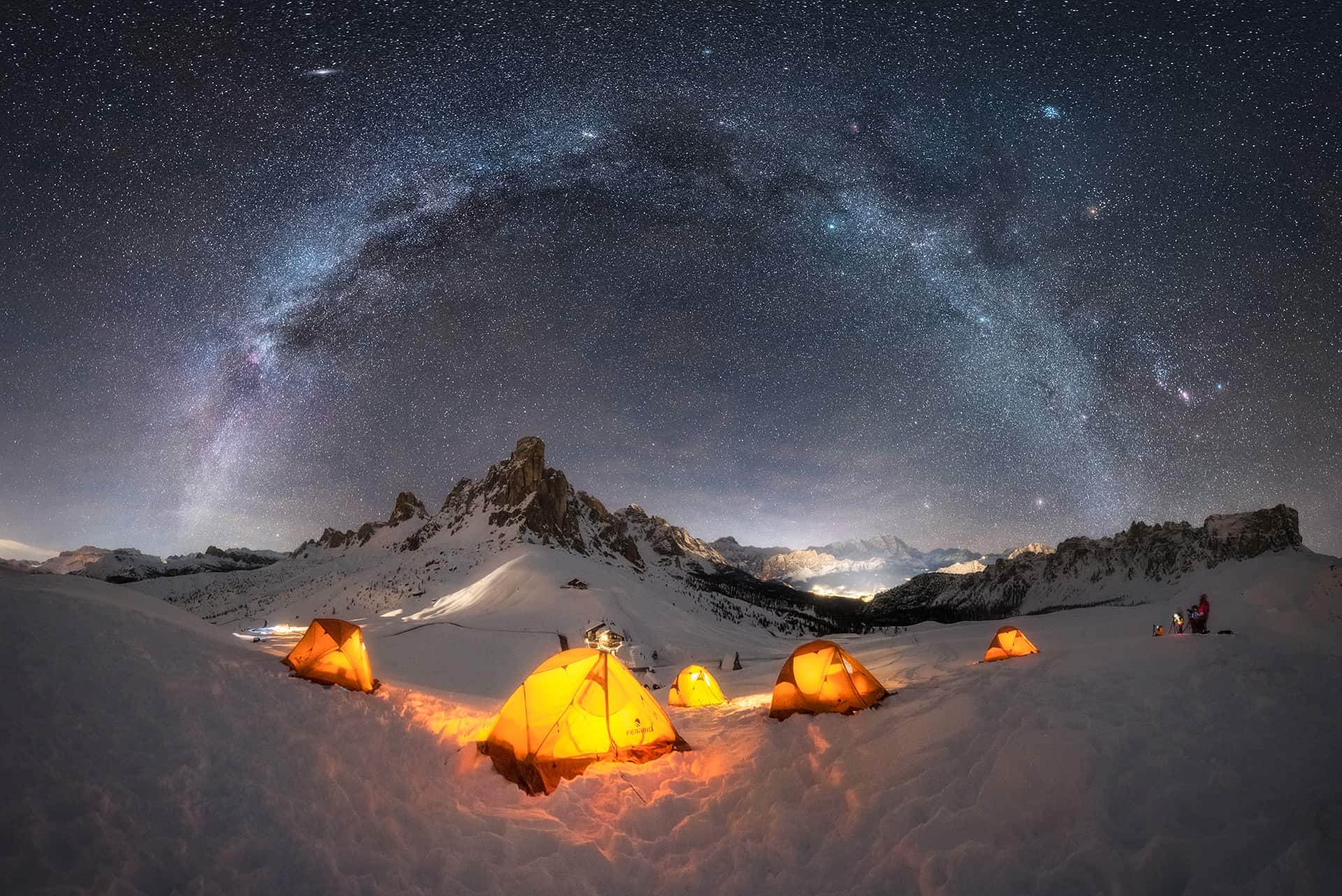
B. Observatories and Planetariums: For those seeking a deeper understanding of the cosmos, observatories like the iconic Mauna Kea Observatories in Hawaii or the Atacama Large Millimeter Array in Chile offer a glimpse into the mysteries of the universe. Planetariums, such as the Griffith Observatory in Los Angeles or the Adler Planetarium in Chicago, provide immersive experiences that transport visitors to the far reaches of space.
C. Stargazing Tours and Festivals: One can undertake a journey of cosmic discovery with stargazing tours and festivals that bring together astronomy enthusiasts from around the world. From the Astronomy Festival in Jasper National Park, Canada, to the Star Party at Big Bend National Park in Texas, these events offer guided stargazing sessions, telescope viewing, and expert-led talks that educate and inspire visitors about the wonders of the night sky.
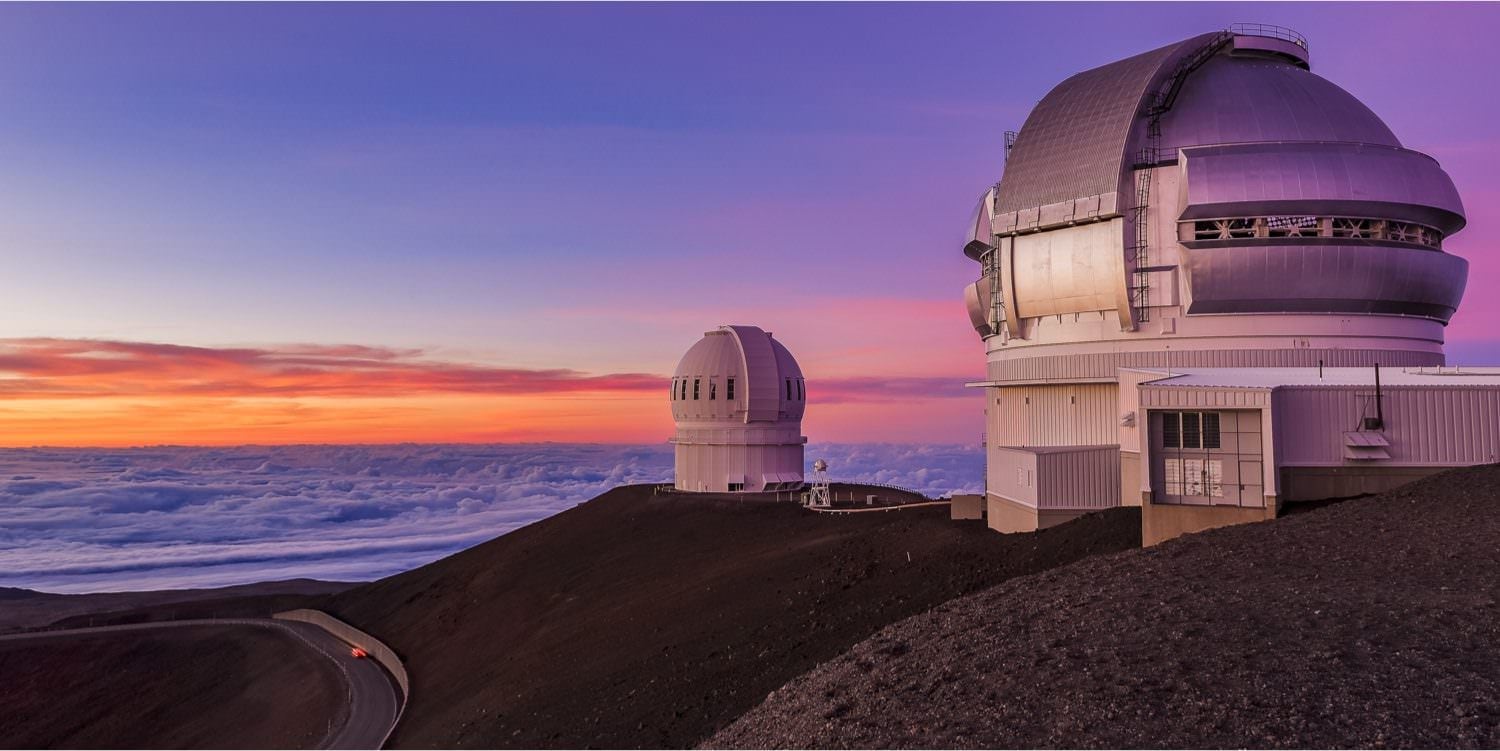
Tips for Astro Tourists
As a budding astro tourist looking to explore the wonders of the night sky, there are a few things to keep in mind to make your experience truly out of this world!
Firstly, the best time for stargazing is typically during a new moon phase when the skies are at their darkest. This allows for the stars, planets, and other celestial objects to shine brightly without the interference of moonlight. So check the lunar calendar and plan your trip accordingly for optimum stargazing conditions.
Secondly, don't forget your essential gear and equipment! A good pair of binoculars or a telescope can make a huge difference in your ability to observe and appreciate the details of the night sky. A comfortable chair or blanket to sit or lie on, a red flashlight to preserve your night vision, and a star chart or a stargazing app on your phone can also come in handy for identifying different constellations and objects.
Lastly, when you head out to enjoy the night sky, remember to practice proper etiquette. Minimize your use of white lights as they can disrupt not only your own night vision but also that of others around you. Be mindful of your surroundings and try to keep noise levels low to fully immerse yourself in the peaceful and awe-inspiring experience of stargazing. And of course, always remember to leave no trace - clean up after yourself and respect the natural environment around you.
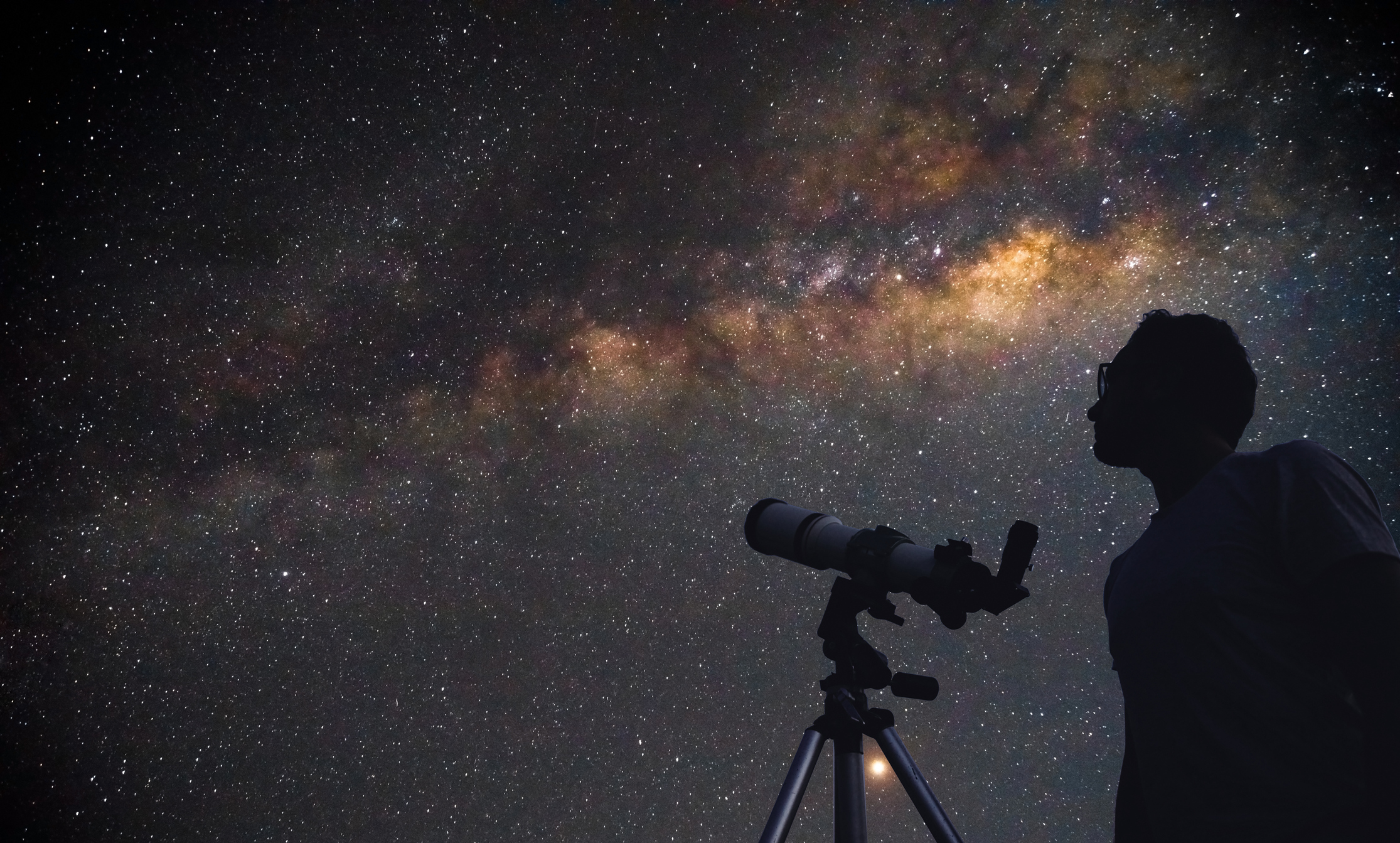
Astro Tourism and Conservation
Amidst this celestial spectacle lies a dark force - light pollution. The invasion of artificial light disrupts the natural darkness of the night, hindering the visibility of stars and planets, thus diminishing the essence of Astro Tourism.
The plight of stargazing enthusiasts and environmentalists alike has led to a growing movement to preserve dark skies. Initiatives such as establishing dark sky reserves, promoting responsible outdoor lighting, and raising awareness about light pollution have become the cosmic crusade of astrophotographers and conservationists alike. By working together, they aim to protect the sanctity of our night sky for present and future generations to enjoy.
But fear not, for there is hope twinkling on the horizon. Astro Tourism itself can serve as a beacon of light in the darkness of conservation efforts. By bringing enthusiasts to remote, pristine locations away from the glare of city lights, Astro Tourism not only provides an opportunity to experience the wonders of the cosmos but also fosters a deeper connection with nature. This connection can inspire individuals to become stewards of the night sky, advocating for darker skies and sustainable practices that benefit both astronomical observation and the environment.
So, next time you find yourself under a blanket of stars, remember the delicate dance between Astro Tourism and conservation!
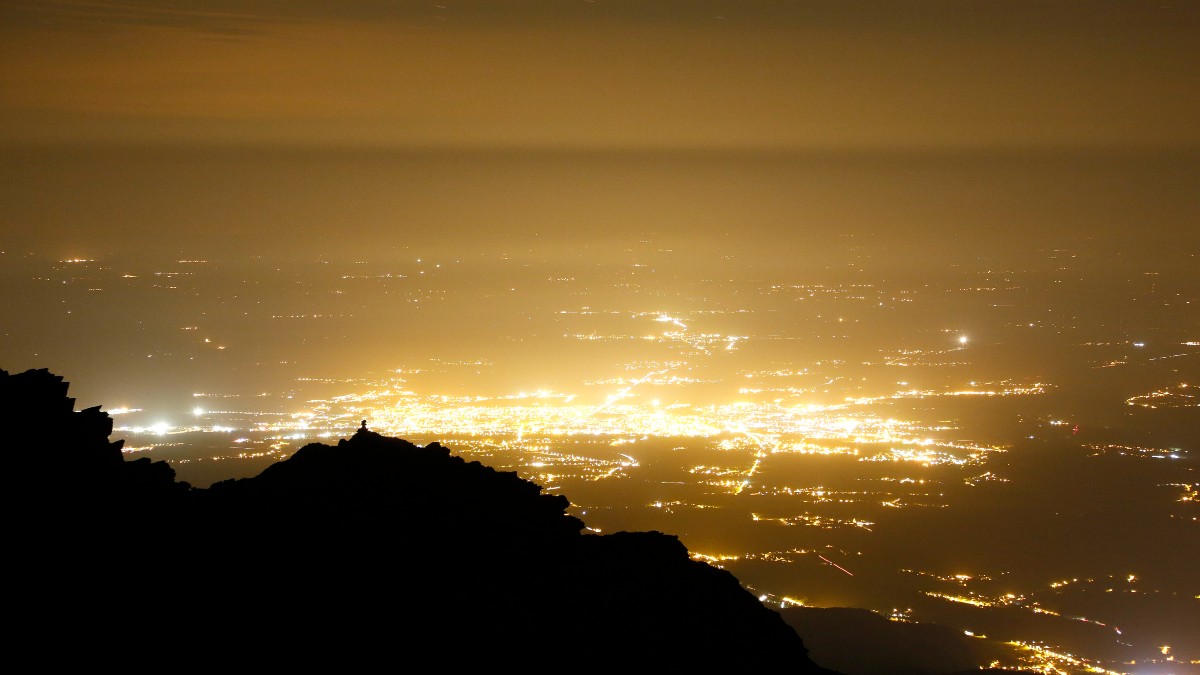
Benefits of Astro Tourism on Mental Well-Being
Astro Tourism offers a chance to unplug from the chaos of everyday life and reconnect with the wonders of the universe. From the soothing sight of a full moon to the exhilaration of spotting a shooting star, observing celestial events can provide a sense of wonder and awe that calms the mind and uplifts the spirit. The experience of staring into the vastness of space can help put our earthly worries into perspective, reminding us of the bigger picture and easing stress and anxiety. The opportunity to witness celestial phenomena like meteor showers or the Northern Lights sparks joy and excitement, uplifting spirits and sparking creativity. So why not hop on a rocket ship to mental wellness and go for a starlit adventure? The universe is waiting to shower you with cosmic therapy!
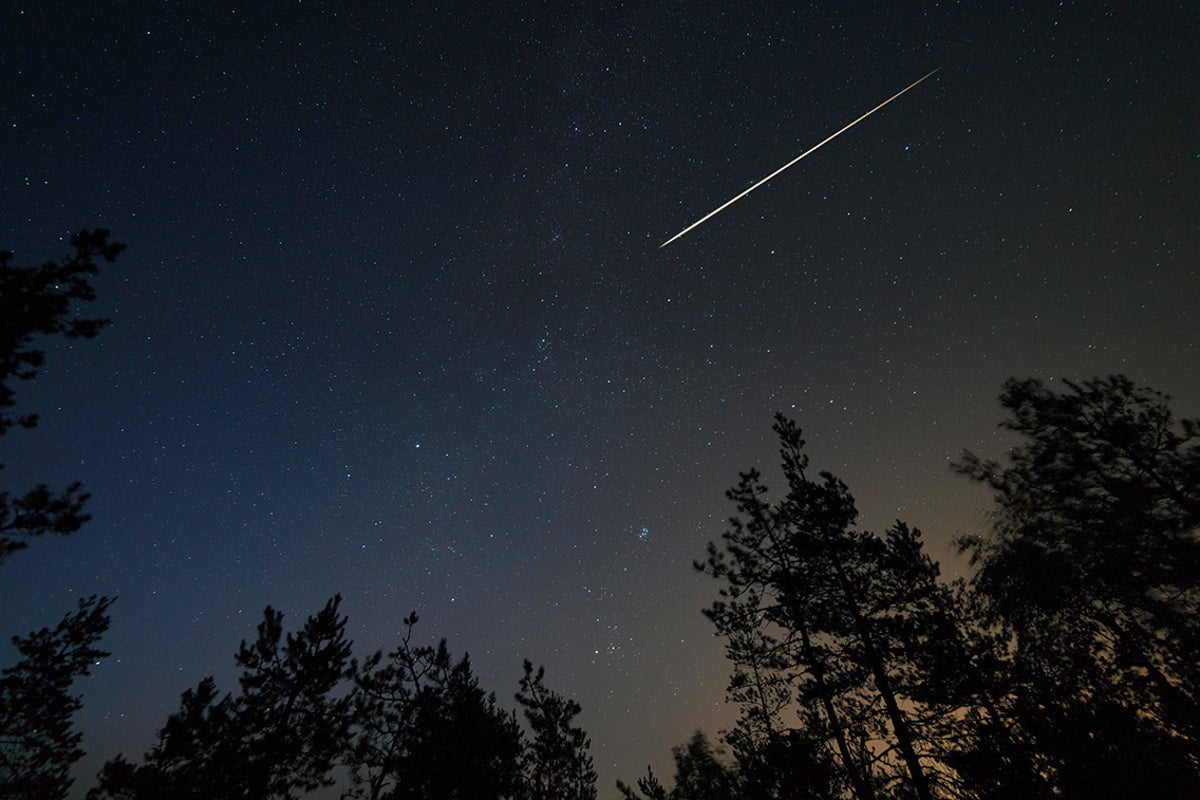
Future Trends in Astro Tourism
Technological advancements have propelled stargazing to new heights, quite literally. Telescopes now come equipped with state-of-the-art features that allow tourists to delve deeper into the mysteries of the night sky. From real-time sky mapping to augmented reality overlays, the experience of observing celestial bodies has never been more captivating.
But that's not all! The burgeoning field of space tourism is set to revolutionize Astro Tourism in ways previously unimaginable. As commercial space travel ventures take flight, eager adventurers will soon have the opportunity to venture beyond the confines of our own planet. Imagine the thrill of witnessing Earth from space or setting foot on the moon - the possibilities are as vast as the cosmos itself.
However, with great potential comes great responsibility. The rise of space tourism may bring about significant changes to the Astro Tourism industry, both positive and negative. On the one hand, it offers an unparalleled opportunity for enthusiasts to experience space firsthand, opening up a new era of exploration and discovery. On the other hand, the potential negative impact lies in the commercialization of space, where luxury experiences could overshadow the true essence of Astro Tourism. There's a looming threat of space debris and environmental concerns as well.

In a world where the sky's the limit, Astro Tourism invites you to reach for the stars and beyond. Remember, the universe is not just a place to visit—it's a profound experience that resonates deep within us. May the stars guide you on your cosmic voyage, and may the memories of these astral encounters illuminate your path forward. So keep looking up, keep reaching for the stars, and keep chasing the magic of the cosmos wherever your journey leads!
